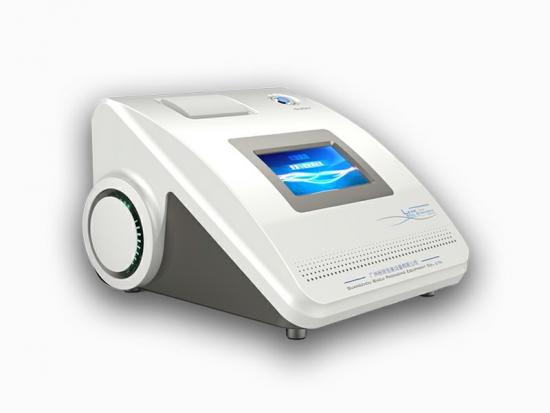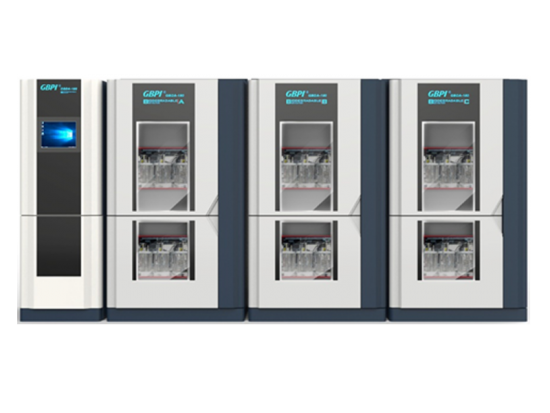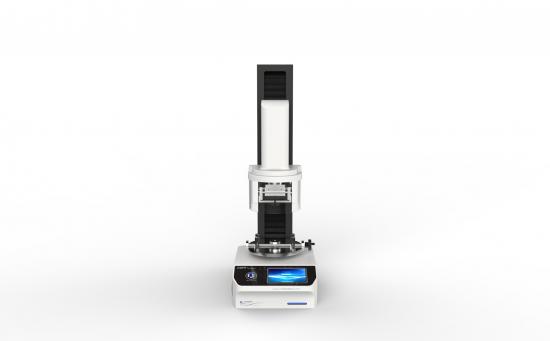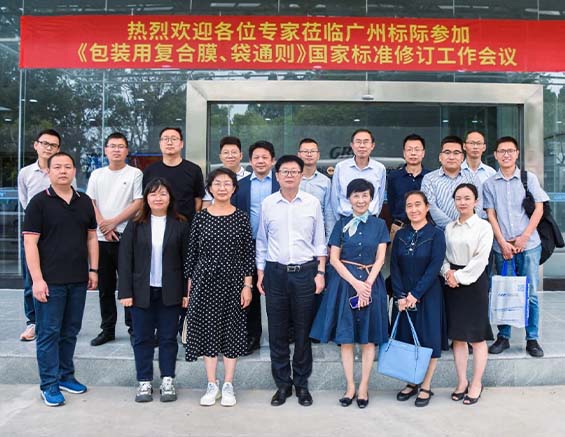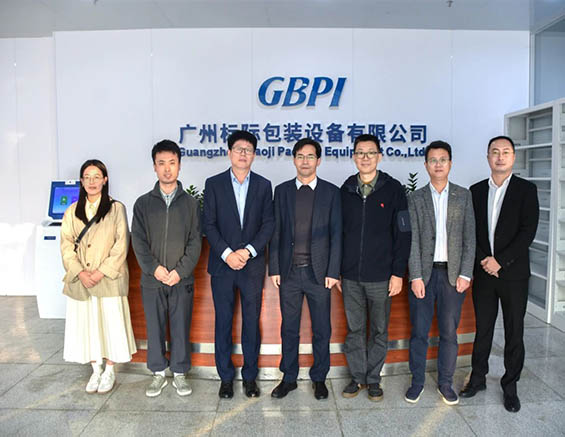Shenzhen, April 22, 2025 – GBPI (Guangzhou GBPI Packaging Equipment Co., Ltd.), a leading innovator in packaging testing and intelligent equipment solutions, achieved remarkable success at CHINAPLAS 2025, Asia’s premier plastics and rubber trade fair. Held at the Shenzhen World Exhibition & Convention Center from April 15 to 18, GBPI’s dynamic showcase at Hall 1, Booth C57attracted global industry leaders, highlighting its technological prowess and reinforcing its role as a trusted partner in sustainable packaging solutions. CHINAPLAS 2025: A Global Stage for Innovation As the world’s third-largest plastics and rubber exhibition, CHINAPLAS 2025 brought together over 4,500 exhibitors and 280,000 visitors from 70+ countries, including 24.37% international attendees. The event served as a critical platform for showcasing advancements in automation, sustainability, and smart manufacturing. With a focus on themes like low-carbon materials and circular economy, the exhibition aligned seamlessly with GBPI’s mission to deliver eco-friendly, high-precision testing solutions. GBPI’s Exhibition Highlights: Driving Industry Standards At Booth C57, GBPI captivated audiences with live demonstrations of its flagship products: 1. Fully Automatic Sealing Machine – Designed for precision and efficiency, this equipment streamlines production workflows for packaging manufacturers. On-site demonstrations of its seamless operation and adaptability to diverse materials drew significant interest from clients in food, pharmaceutical, and consumer goods industries. 2. Water Vapor Transmission Rate (WVTR) Tester– Utilizing advanced infrared sensor technology and compliant with GB/T 1038, ASTM D1434, and other international standards, this instrument provides critical data for evaluating packaging barrier performance. Its ability to ensure product shelf-life integrity resonated with brands prioritizing sustainability and quality control. The interactive displays, supported by GBPI’s expert technical team, facilitated over 200 in-depth client consultations, resulting in 35+ confirmed orders and 15 strategic partnership agreements with distributors across Southeast Asia, Europe, and the Middle East. On-Site Success: Bridging Technology and Client Needs The exhibition yielded transformative outcomes for GBPI: - Client Engagement: Over 50 VIP buyers, including multinational FMCG brands and packaging conglomerates, participated in private negotiations, praising GBPI’s solutions for precision and compliance with global sustainability standards. Industry Recognition: The company’s National Standard Substance Certification and CNAS/CMA-accredited third-party testing services solidified its reputation as a leader in quality assurance. GBPI: A Legacy of Exce...
View More

 info@gbtest.cn
info@gbtest.cn



 en
en ru
ru es
es ar
ar

